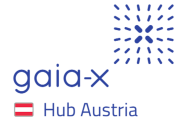
Helmut Leopold heads the Center for Digital Safety & Security at AIT and talks in an interview about how companies benefit from data rooms.
The kick-off of EDDIE, an initiative coordinated by AIT to create a European Energy Data Space, recently took place. What exactly do you mean by a data room and what are the concrete added values for companies?
Helmut Leopold: The term “data room” describes data as well as online services, agreements, rules and standards to enable data exchange according to commercial mechanisms between different participants in the data room and thus become independent of global monopoly providers. Important design principles for this are ensuring data sovereignty through federated IT architectures so that control over the use of the data remains with the data owners. Comparable to marketplaces, companies can easily find data they need via online platforms, purchase it online and link and process it with their own data to realise new business models or product benefits.
What concrete best-practice examples of data rooms – for example in production, mobility, health – already exist and how can Austrian companies participate in them?
So far, the automotive and production sectors have been pioneers in achieving approaches for improving resource management, supply chains or creating new product offerings. A concrete example is product passports, which connect all data of a product in its life cycle. This can be used to optimise processes during operation all the way to recycling. Extensive open-source developments are currently underway to enable companies from a wide range of domains to get started easily in using and designing the new data services. European initiatives are also being implemented in other domains such as energy, mobility or health, but also across sectors. The Gaia-X Hub Austria supports companies to participate in these initiatives and to derive potentials for their own business areas.
In the first phase, companies should use the information offered by the Gaia-X Hub Austria to gain initial experience and obtain input for the definition of corporate strategies. In the second phase, participation in pilot and evaluation projects at national or EU level is recommended.
What is the significance of data sovereignty for Europe? What is the role of initiatives like Gaia X and what is the impact of the Gaia-X Hub Austria?
Sustainable data sovereignty in Europe is an indispensable basis for the positive development of our free democracy as well as for ensuring the global competitiveness of our economic area.
The Gaia-X Hub Austria positions itself as a service organisation for Austrian companies. On the one hand, it provides information, knowledge and available new technology and new services as well as examples of new business models; on the other hand, it supports networking to national or EU-wide activities.
Where do Austrian companies and organisations stand in the area of data use and in which areas do you see a need for action? What do you advise companies to do?
The first Austrian companies are already involved in a leading role in corresponding EU innovation initiatives to create data markets. Various research institutions have also already built up know-how and competences in Austria. We recommend that companies take advantage of these opportunities and actively participate in these initiatives.
What do you wish from politics?
Through the support of the Gaia-X Hub Austria, initiated by the Federal Ministry for Climate Protection, Environment, Energy, Mobility, Innovation and Technology (BMK, note) as well as by the State Secretariat for Digitalisation and Telecommunications, a showcase model for the support of the local economy could be established in an EU comparison. In the next step, it is important to actively design national support measures so that Austrian organisations can position themselves in these new data ecosystems in an international context. In addition, the integration of public organisations as data providers in future data marketplaces is a prerequisite for ensuring our global competitiveness.
© This text first appeared in the March issue of the magazine “iv-positionen”.


